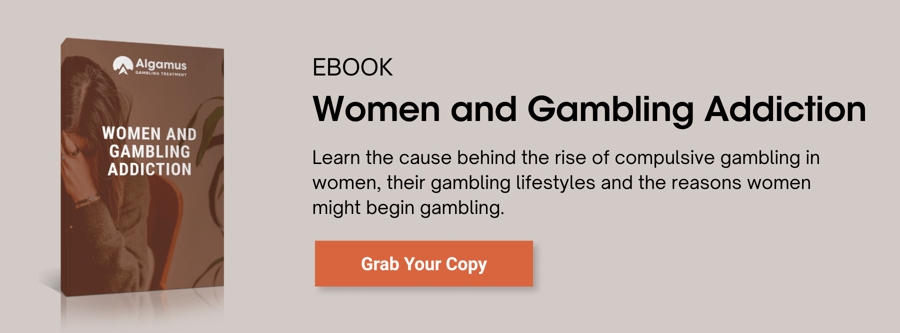How Gambling Impacts Your Brain: Understanding the Neuroscience of Addiction
Gambling significantly impacts the brain's chemistry and neural pathways, particularly affecting the reward system and decision-making processes. This comprehensive overview explains the neurological effects of gambling addiction and its treatment options.
The brain's reward system responds to gambling by releasing dopamine, creating feelings of pleasure and excitement. This reaction is similar to substance addiction, as both conditions involve the same neural pathways and trigger comparable behavioral responses.
Long-term gambling can cause structural changes in the brain, including:
- Shrinking of the prefrontal cortex, affecting decision-making and impulse control
- Altered dopamine reception and production
- Impaired risk assessment abilities
- Changes in emotional regulation

Anxious woman clutching her head
Treatment and recovery options include:
- Cognitive-behavioral therapy
- Support groups like Gamblers Anonymous
- Professional counseling
- Medication (when appropriate)

Women and Gambling E-Book Cover
Online gambling presents unique challenges due to:
- 24/7 accessibility
- Privacy and anonymity
- Lack of physical barriers
- Limited regulation
- Easy payment options
Prevention strategies include:
- Education about gambling risks
- Setting strict financial limits
- Recognizing early warning signs
- Seeking help promptly
- Developing healthy coping mechanisms

Person receiving cognitive behavioral therapy

Family supporting loved one in recovery

Two people jogging on pathway
Recovery is possible with proper treatment and support. Early intervention provides the best chance of reversing gambling's effects on the brain. Professional help and a strong support system are crucial for successful recovery.
